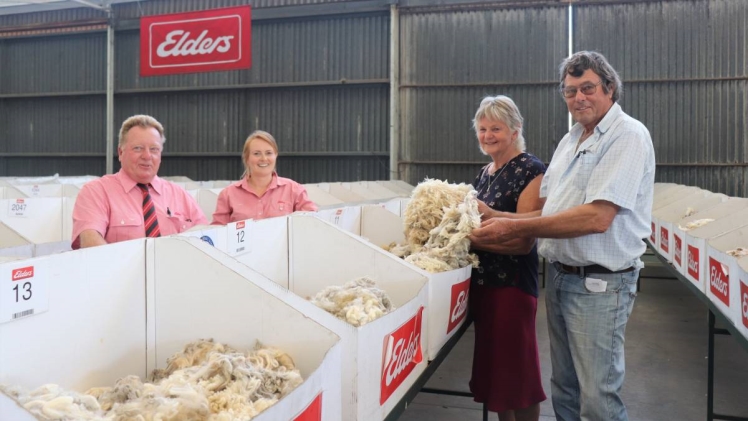Wool is a sophisticated and multi-functional product. The exploration of the versatility of wool is still being carried out by humankind. Humans have used wool for over a thousand years, and the advantages are extensive. Nature never stops giving, and every human must care for it properly. Did you know that a strand of wool can be bent over 20,000 times before breaking? As it is naturally stretchy, wool holds its form and keeps your clothes in excellent condition.
To ensure quality, yarn, textiles, and clothing are exposed to stringent testing processes before they get certified. Beyond merely a trademark, the logo symbolises the mark itself and is rigorously evaluated to assure compliance. Get certified to enjoy these five advantages.
1. Provides Technical Assistance
The technical assistance provided facilitates quick access to available technologies. The technical staff has specific expertise in all aspects of the supply chain and is constantly available for technical help, debugging, and product innovation. In addition, the global network supports licensees by enabling seamless interaction.
2. Helps in Creating Brand Identity and Recognition
Every business strives to reach a level where the customers resonate with the brand and immediately recognise it. To achieve strong brand recognition, samples of yarn are provided to illustrate the appearance of a larger piece and attract potential customers. With the strong credibility that the certificate brings, it dramatically enhances the brand name of the company. The retailers actively gain a loyal customer base.
3. Staff Development and Training
If you get certified via a virtual learning centre, you will have unparalleled access to information and functional tools in the wool sector. Globally, the material is shared, fostering education, talent, and specialisation at every stage of the supply chain. To improve wool’s overall sales, intensive training sessions tailored exclusively to educate the licensees regarding the advantages and feasibility of wool are provided.
Added advantages include regular education days, web conferencing, educational materials on the Learning Centre, and bespoke support, which gives licensees access to a unique portal with customisable panels that track performances.
4. Facilitates Traceability
Many manufacturing companies are making news regarding poor product quality, plant breakdowns, and treason, which simultaneously demonstrate the importance of traceable system implementation to better the income and credibility of the company. The primary benefit of employing a traceability strategy is that it allows for comprehensive monitoring of commodities from maker to consumer, which is vital in bringing norms and laws into effect by promoting transparency throughout supply chains. Every certified product has a different batch number that can be traced back to the maker, avoiding mishaps or accidents.
5. Optimisation of the Supply Chain
Data is segregated, and there is no proper visibility on what happens in between, hindering supply chains from gathering the necessary insights and affecting their ability to satisfy client expectations. Linked technologies improve the ideal remedy for the same.
Quality management may be included throughout production, from raw materials to shipment, using supply chain optimisation strategies. To market new wool product lines, the licensee’s design team helps with supply chain assistance, quality assurance, periodic counselling, and commercialisation.
Final Takeaway
From a branding standpoint, global clothing markets are increasingly driven not just by glam and buzz but also by the ideals that go behind marketing. Furthermore, the regulations and standards for certification are strict, ensuring that low-quality items do not reach the consumer, thereby protecting the company’s brand reputation and inventory.

